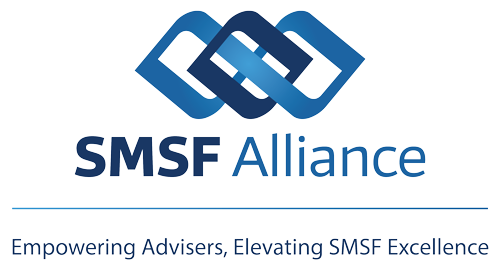Ungeared companies or trusts can be an attractive way to hold direct property when multiple investors are involved. Provided they are established and operated in accordance with SIS Reg 13.22C, the SMSF investment is not an in-house asset even if it, directly or via associated parties, controls the entity. If, however, the entity is not operated correctly the exemption is lost and the SMSF’s investment becomes an in-house asset. Critically the loss is permanent, so the consequence usually involves the SMSF selling down its holding to comply with the 5% in-house asset limit.
The most common breaches are caused by:
- Borrowing – the definition is broad and even catches a small overdraft on the entity’s bank account. Unpaid formation costs should be regarded as creditors, not loans.
- Investing in other entities, including listed shares.
- Failing to pay a distribution to the SMSF such that it becomes a loan from the SMSF
- Repaying overpaid distributions to the SMSF, thus making them a loan, rather than treating them as a prepayment and netting them off the next year.
- Using an unapproved cash account. The cash account must be with an authorised deposit-taking institution within the meaning of the Banking Act 1959.
- Conducting a business – The entity can build but be careful as multiple properties, or a single property with a quick sale, could breach this provision.
- Acquiring property from a related party that is not business real property.
- The absence of a binding lease with a related party tenant of business real property or the related party failing to pay its rent.
Interestingly, the exemption is also lost if the number of members in the SMSF increases to more than 6 though, given the lack of enthusiasm for 6 member funds, I doubt this will be much of an issue.
I suspect that a number of breaches have been disregarded in the past as many auditors did not bother to scrutinise the internal dealings of the unlisted entity. This has now changed. The ATO has made it quite clear that auditors must look into these entities as part of the SMSF audit standards so I expect that this will result in some tense discussions going forward.


